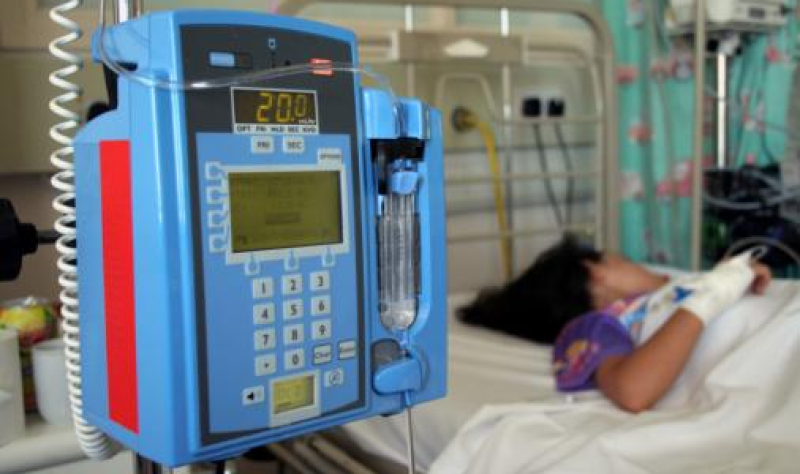Covid Hit Tesla Deliveries. The Stock Should Weather The Storm.


Tesla has had production constraints caused by Covid-19 lockdowns in China that have hurt the entire auto industry.
Justin Sullivan/Getty Images
Electric vehicle maker Tesla delivered 254,695 EVs in the second quarter of 2022. That’s OK.
That’s a drop of 18% compared with the first quarter of 310,048—and breaks a streak of eight consecutive quarterly records. But the result is OK, perhaps even a little better than expected, considering production constraints caused by Covid-19 lockdowns in China have impacted the entire auto industry.
The consensus forecast called for about 350,000 units in early April, before that figure dropped to roughly 260,000 units by the end of Q2. But not all analysts have updated their numbers to account for production constraints overseas: Tesla , along with the entire Chinese auto industry, operated at significantly reduced rates in the second quarter as officials locked down parts of China to help control a rising number of infections.
The newer estimates from Wall Street called for roughly 240,000 units, with Wedbush analyst Dan Ives writing this past week that 250,000 units was the “line in the sand.” Above that number was a success, below that number would be a disappointment for investors. By that thinking, the second quarter number was an inline result.
Strong deliveries tend to mean good things for Tesla stock. In seven of the past 10 quarters where Tesla beat analyst expectations, the company’s shares outperformed the market from when Tesla reported deliveries until it released quarterly results.
For the first quarter of 2022, Tesla met expectations, but that wasn’t good enough. The stock fell about 10% between the time Tesla reported its earning and its delivery results. The S&P 500 dropped about 2% over the same span.
How Tesla stock, or any stock, responds to news is always a function of what’s come before. In the lead-up to Saturday’s release, Tesla stock has been badly beaten, falling almost 38% in the second quarter. Shares are down about 35% so far this year, while the S&P 500 and the Dow Jones Industrial Average have dropped 20% and 14%, respectively.
Inflation and rising interest rates have hit auto stocks harder than most. The tough macroeconomic backdrop hurts car stocks in a couple of ways. Inflation threatens profit margins via higher costs. And rising interest rates, used to fight inflation, threatens new car demand. Most cars are purchased with financing. Higher rates makes monthly payments more expensive.
Tesla investors have also been dealing with some Tesla-specific issue. Tesla stock is down about 40% since CEO Elon Musk’s Twitter (TWTR) stake was disclosed. The Nasdaq Composite is off about 23% over the same span.
After digesting delivery news, investors have second quarter earnings. Those are due in late July. Wall Street expects Tesla to earn about $1.85 a share, down from $3.22 earned in the first quarter of 2022.
Write to Al Root at allen.root@dowjones.com



